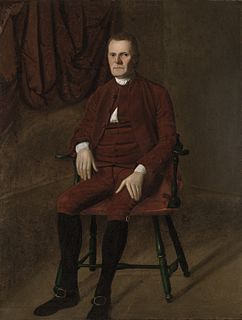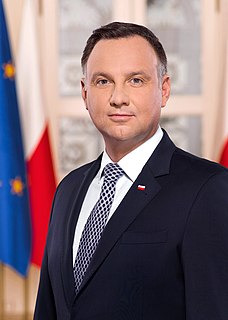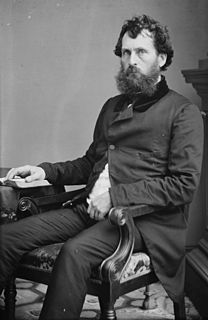A Quote by Roger Sherman
The Executive should be able to repel and not to commence war.
Related Quotes
while the executive should give every possible value to the information of the specialist, no executive should abdicate thinking on any subject because of the expert. The expert's information or opinion should not be allowed automatically to become a decision. On the other hand, full recognition should be given to the part the expert plays in decision making.
Repel the thought, for if you don't, it becomes an idea. So repel the idea, for if you don't it will become a desire. So fight against that(desire), for if you don't, it will become a determination and a passion. And if you don't repel that, it will become an action. And if you don't replace it with its opposite, it will become a constant habit. So at that point, it will be difficult for you to change it.
War is by definition the indiscriminate killing of huge numbers of people for ends that are uncertain. Think about means and ends, and apply it to war. The means are horrible, certainly. The ends, uncertain. That alone should make you hesitate. . . . We are smart in so many ways. Surely, we should be able to understand that in between war and passivity, there are a thousand possibilities.
Possibly my hatred of war blinds me so that I cannot comprehend the arguments they adduce. But, in my opinion, there is no such thing as a preventive war. Although this suggestion is repeatedly made, none has yet explained how war prevents war. Worse than this, no one has been able to explain away the fact that war creates the conditions that beget war.


































